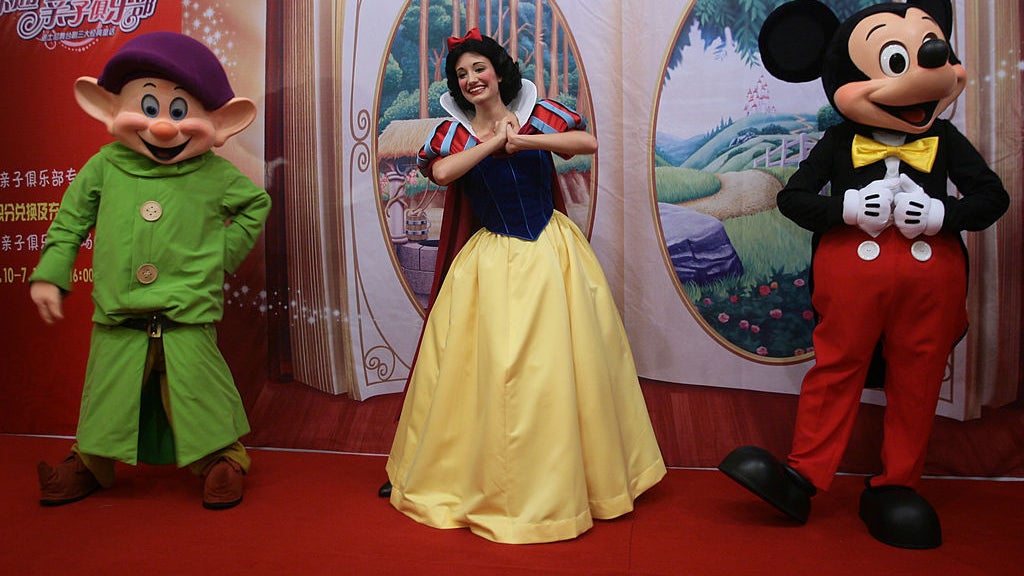In the study, researchers had 307 children answer questions five years apart to determine their views on gender roles.
The “princess culture” found in Disney movies doesn’t have a negative effect on childhood development as some people previously thought, according to a new study.
Researchers at Bringham Young University and Linfield College conducted a study that examined “associations between engagement with princess culture during early childhood and gender stereotypes, body esteem and adherence to hegemonic masculinity in early adolescence,” and found that many children who watched the films at a young age developed healthier views about gender roles.
Many thought that movies such as "Snow White," "Sleeping Beauty," "The Little Mermaid" and "Cinderella," which depict the lead characters in “damsel in distress” roles, could negatively impact the self esteem of young girls and shape how young boys view women. That isn’t the case, however, according to the study.
In the study, researchers had 307 children, who were 87% white and 51% female, complete questionnaires while they were in preschool in 2012 and 2013, and five years later asked them similar questions about gender roles.
They found the kids who watched Disney movies believed in equal rights and thought men should be more emotional.
"The results indicated that early engagement with princess culture was not associated with later adherence to female gender stereotypes," according to the study. "However, princess engagement was associated with lower adherence to norms of hegemonic masculinity and higher body esteem."
Dr. Sarah Coyne, who worked on the study, told The Wall Street Journal that "princess culture gives women key story lines where they're the protagonist.”
She added that it didn’t matter what type of princess it was.
"You'd expect a girl who said her favorite princess was Mulan to be less gender-stereotyped than one whose favorite was Cinderella, but we didn't find that,” Coyne said.






